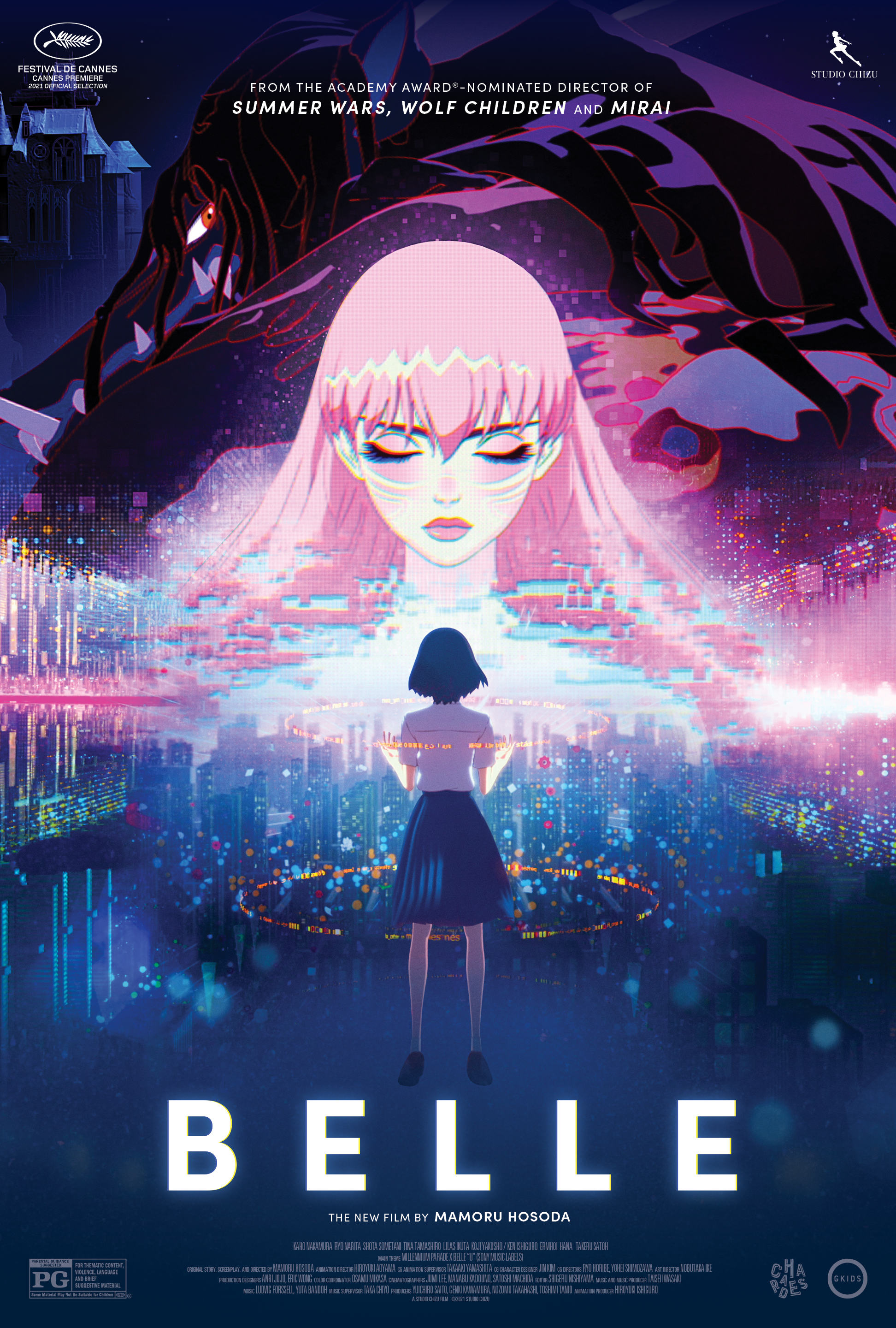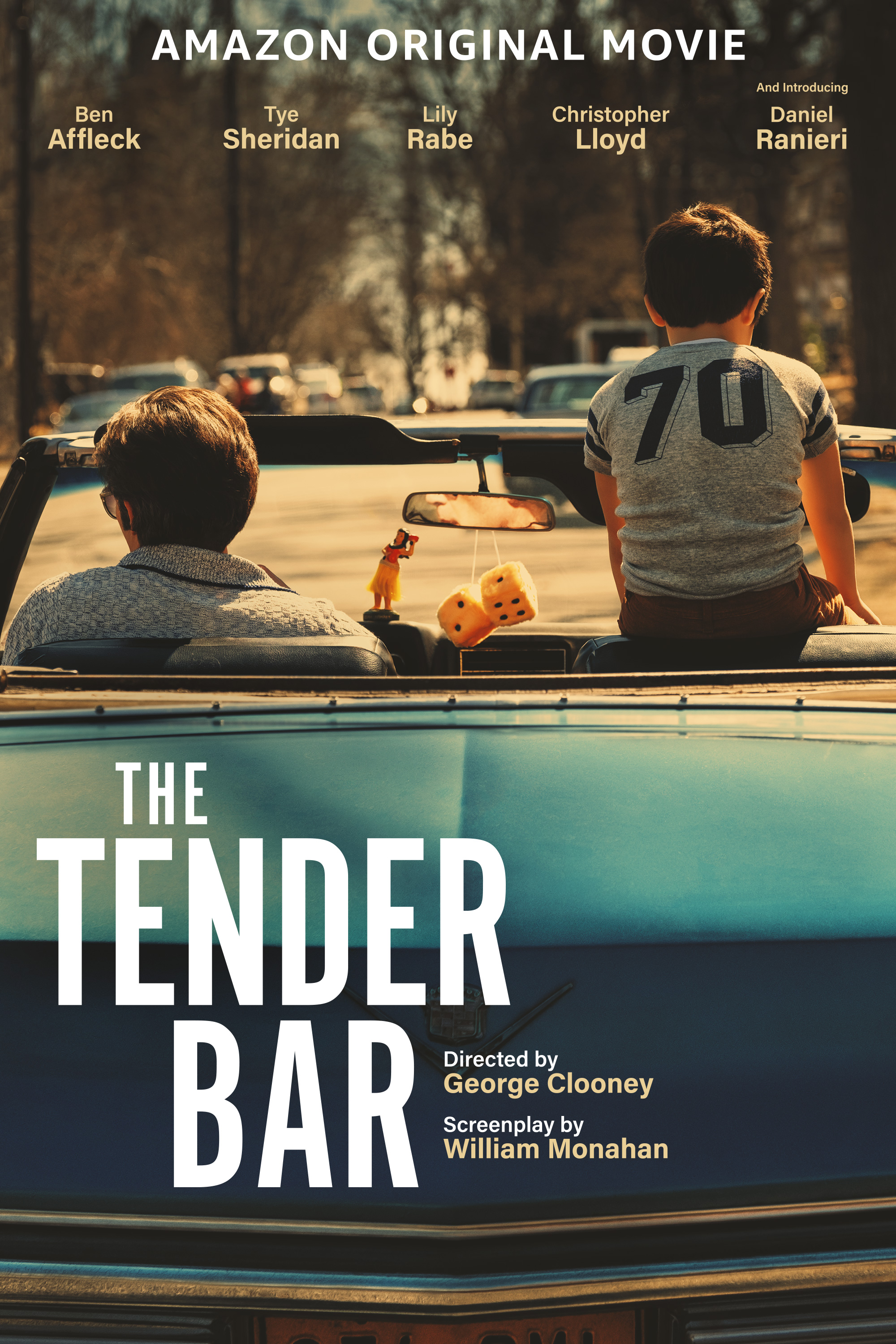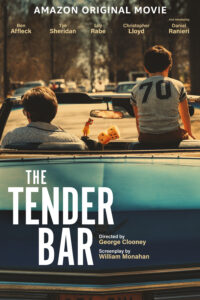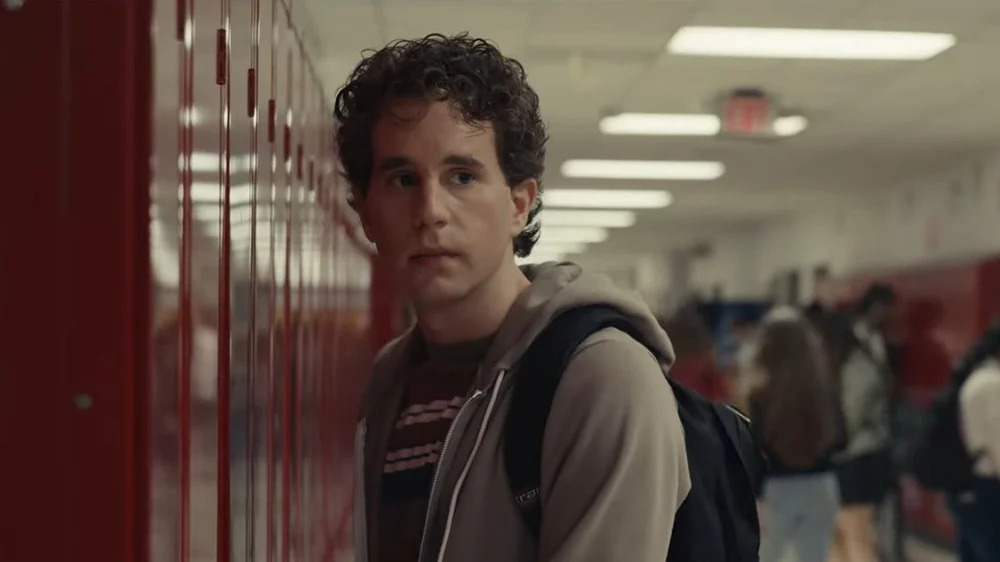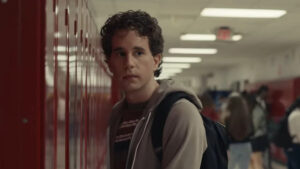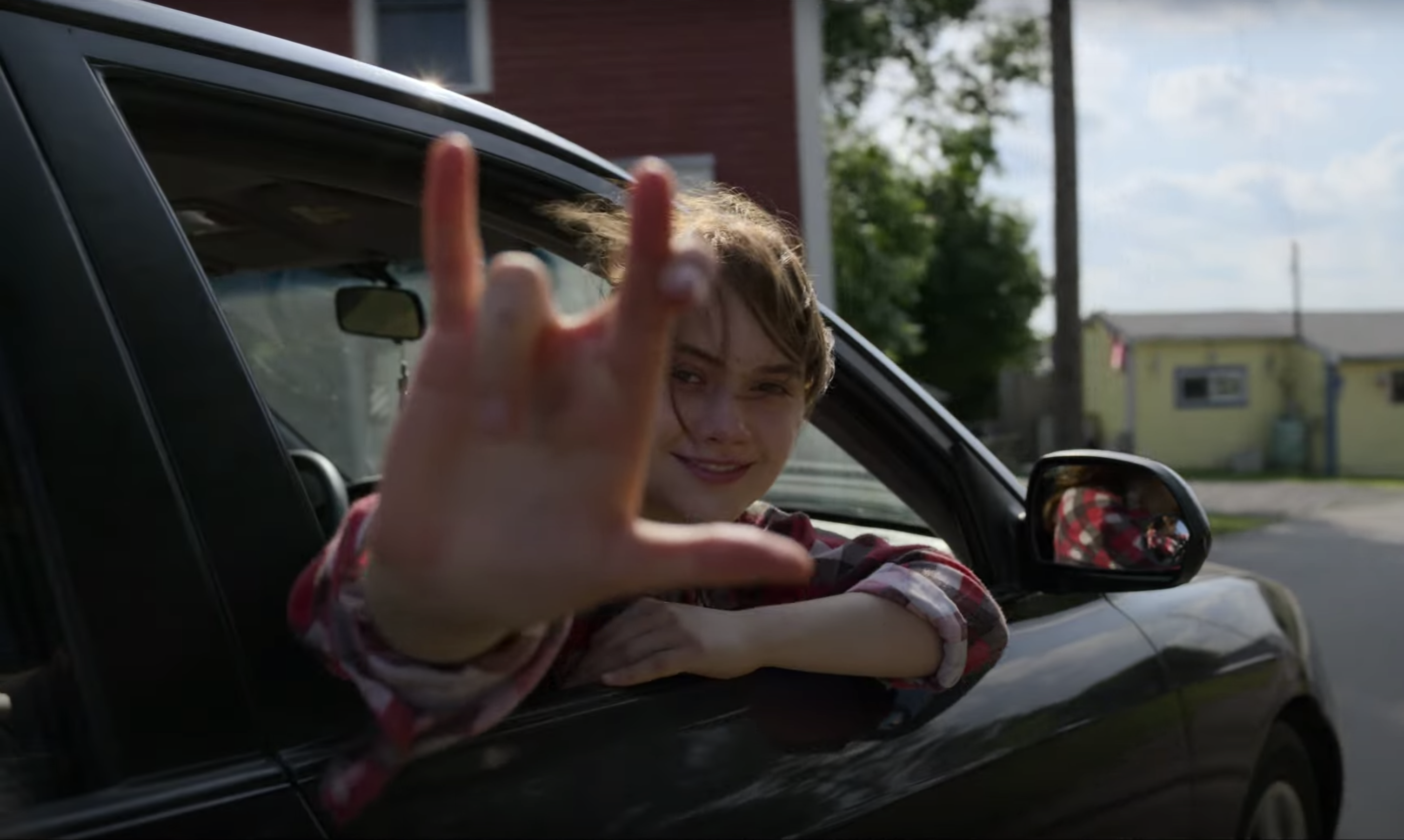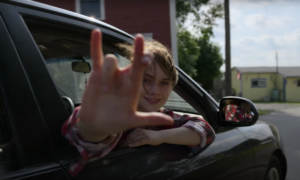Belle (2022)
Posted on January 13, 2022 at 5:12 pm
B +| Lowest Recommended Age: | 4th - 6th Grade |
| MPAA Rating: | Rated PG for thematic content, language, brief suggestive material, violence |
| Profanity: | Rude language, bullies |
| Alcohol/ Drugs: | None |
| Violence/ Scariness: | Sad death of parents, child abuse, peril, scary monster |
| Diversity Issues: | None |
| Date Released to Theaters: | January 14, 2022 |

The film begins with a commercial for “the ultimate online community” called silly U, with more than five billion participants. It is an online “sandbox”-style game where participants has an avatar based on their own biometric data. They have endless freedom to create the world as they want it to be. It sells itself both as “another reality” where, unlike this reality, you can have a second chance and start a new life and as a place where you can be yourself in a way that the trivialities of real life like the way you look do not allow.
Suzu (Kaho Nakamura in the original Japanese cast, Kylie McNeill in the English language version) is a sad, shy, lonely teenager living in rural Japan. She is still mourning the death of her mother, who lost her life saving a drowning child as then-six-year-old Suzu watched in horror, and she feels abandoned. “Why was a stranger’s life more important than being with me?” she sill asks. Her father is remote and the only person she has to talk to is her tech-savvy friend, Ruka (Tina Tamashiro/Hunter Schafer). In these early scenes, her face is almost always obscured. We see her from the back or she puts her head down so her hair hides her face. When her classmates invite her to sing karaoke at a party she runs out of the room, sick to her stomach.
But the avatar she creates on U is another story. At first, she hesitantly types in her real name, but then erases it and creates a glamorous pop star with flowing pink hair named Bell. (Suzu keys it in with just four letters but the fans add an “e” at the end, inspired by the French word for “beautiful.”) Within days, she has millions of followers. She also has millions of critics. Ruka tries to reassure her: “Stardom is built on a mixed reception.” In real life, we see Suzu smile for the first time. Belle becomes a worldwide sensation, disconcerting the previous U world favorite.
And then, as millions are assembled for a virtual concert, it is disrupted by a dragon monster. The rest of the story is inspired in part by “Beauty and the Beast” as Suzu/Belle tries to find out who the beast really is and what he wants.
The screenplay takes a nuanced approach to the virtual world, wisely recognizing that it is just a projection of the real world, sometimes a distorted one, but one that can serve as training wheels, a Rorschach test, a beta test, or even a place to find answers not available anywhere else. Belle is Suzu, after all, and the more she performs as Belle, the more she discovers her own confidence. Finally, when she understands for the first time how her mother could take a risk to save another life, she learns that helping others is a way to find agency, connection, and purpose.
All of this takes place in a gorgeously imagined world so inviting and full of delight we almost wish for a U app on our phones. “Belle” is a touching story that is both timely and timeless.
Parents should know that there are sad parental deaths, domestic abuse issues, some harsh schoolyard insults, and some mild boy-girl interactions.
Family discussion:
If you like this, try: “Ready Player One” and another re-imagining of Beauty and the Beast, “Beastly”

